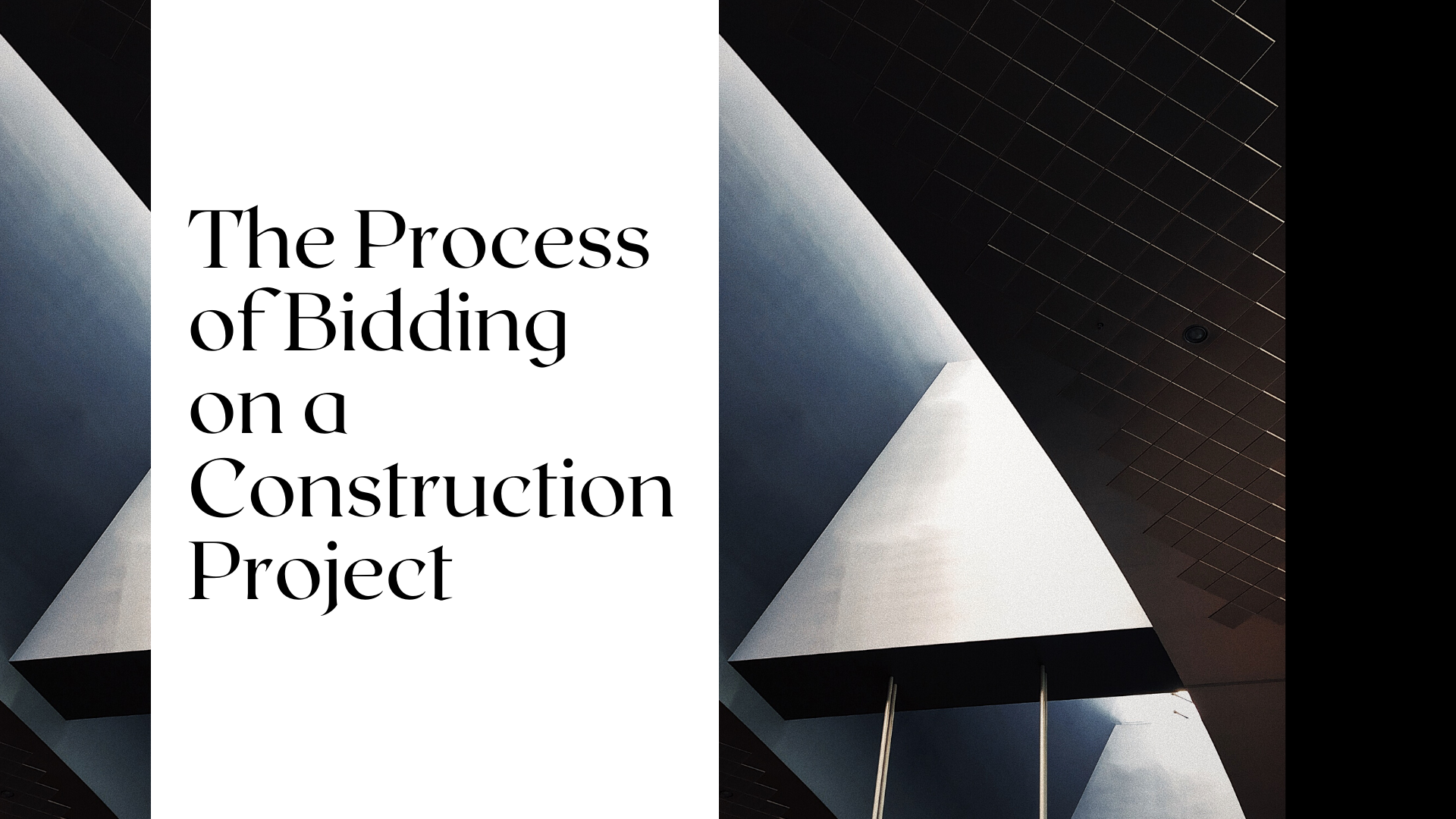How to bid for a construction job?
This is a question that many people in the construction industry ask themselves at one time or another. After all, bidding for a construction job is an important part of being successful in this business. If you bid too low, you may not make enough money on the project to cover your costs. If you bid too high, you may not get the job at all. So, how do you determine what to bid on a construction job?
One thing that you need to keep in mind when bidding on a construction job is that your estimate should be based on the actual cost of the project, not on the amount of profit that you hope to make.
This means that you need to include both your direct and indirect costs in your estimate. Direct costs are those costs that are directly related to the project, such as the cost of materials and labor. Indirect costs are those costs that are not directly related to the project, such as the cost of your office lease or the cost of your truck.
Another thing to keep in mind when bidding on a construction job is that you need to be realistic about how long the project will take you to complete. This means that you should not bid too low, thinking that you will be able to finish the job quickly and make up the difference in profit. Likewise, you should not bid too high, thinking that you can take your time and still make a profit.
How does contractor bidding work?
There are a few different ways that contractors can bid on construction projects. The most common way is to submit a proposal that includes a detailed estimate of the cost of the project, as well as a schedule outlining how long it will take you to complete the project. This proposal is usually submitted to the customer in written form, but it can also be submitted orally.
Another way for contractors to bid on construction projects is to submit what is known as a lump sum bid. With this type of bid, the contractor agrees to complete the project for a certain amount of money, regardless of how long it takes him to finish.
Finally, some contractors prefer to submit what is known as an open-ended bid. With this type of bid, the contractor agrees to complete the project for a certain amount of money, but he is not limited to the amount of time that he has to finish the job. This type of bid is often used when the customer does not have a specific deadline for completing the project.
So, how do you determine what to bid on a construction job? The best way is to submit a proposal that includes a detailed estimate of the cost of the project, as well as a schedule outlining how long it will take you to complete the project. This proposal should be based on the actual cost of the project, not on the amount of profit that you hope to make.
Where do you bid for construction jobs?
There are a few different places where you can bid on construction jobs. The most common place is through the customer. This is where the customer will post a project and invite contractors to submit proposals.
Another place where you can bid on construction jobs is through construction trade magazines. These magazines often have classified ads where contractors can post their bids.
Finally, some contractors prefer to go to job fairs, where they can meet with potential customers and bid on projects in person.
What should be included in a construction proposal?
When you submit a proposal to bid on a construction project, it should include the total cost of the project. It should also include an overhead percentage that accounts for indirect costs such as your office lease or driver’s salary, and it should note any applicable excise taxes. The proposal should also break down the direct costs such as supplies and labor, and it should list an order number for each item in case there are questions about the estimate later.
You may want to add information about warranties or guarantees that you offer to give customers peace of mind when they hire you for their construction project. Finally, make sure that your contact information is included in case someone needs to get in touch with you about your estimate.
How do you win construction jobs?
One of the best ways to win a construction job is by submitting a proposal that includes a detailed estimate of the cost of the project, as well as a schedule outlining how long it will take you to complete the project.
You should also submit specific information about what warranties or guarantees you offer, and your contact information should be included in case someone needs to get in touch with you later.
One way to help your chances of winning a contract is by being flexible when it comes to deadlines. If possible, try to find out from the customer when they need the work done so that you can decide whether or not you can meet their deadline.





